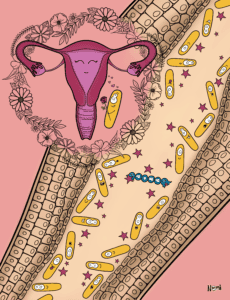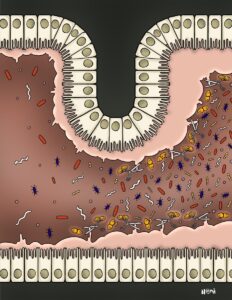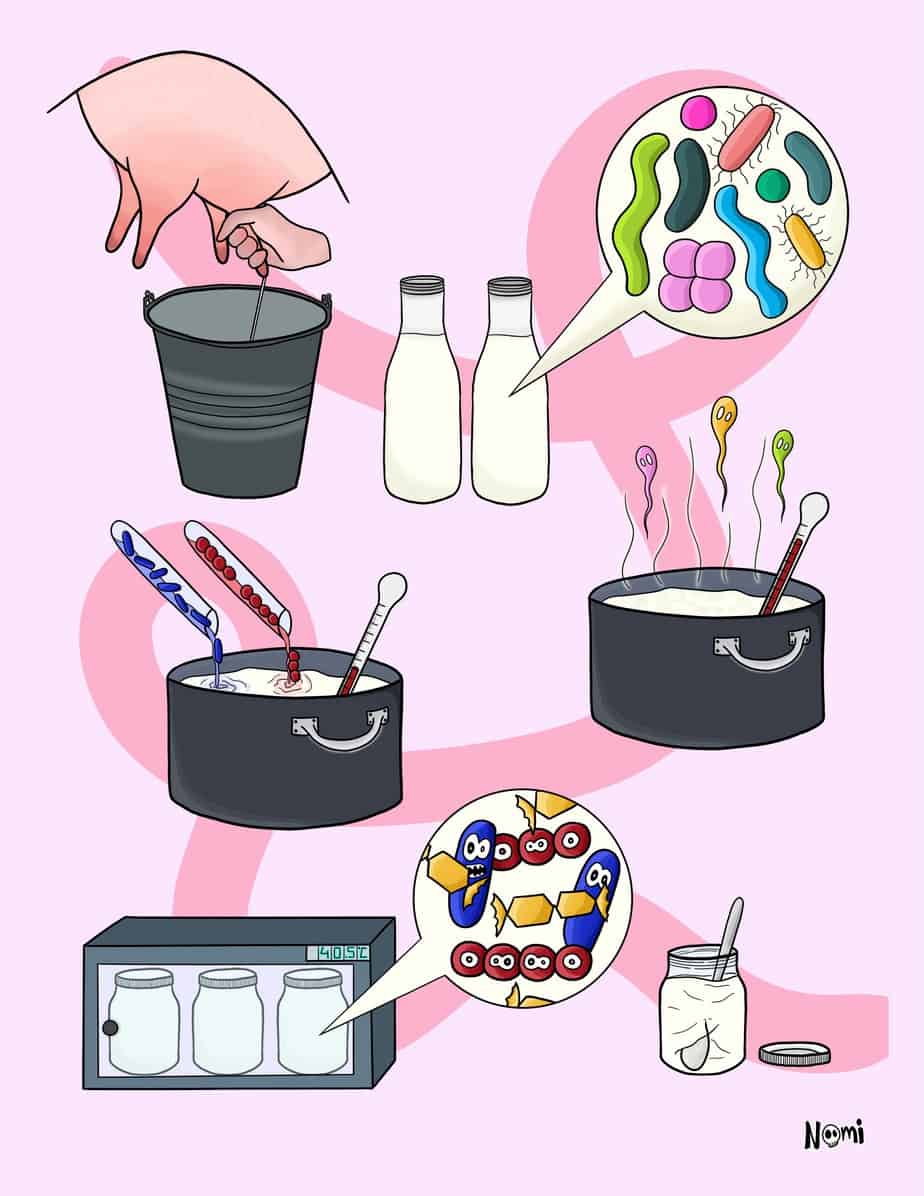
Microbial fermentation impacts our food, industry and health
Microbial fermentation is a metabolic process that impacts our food, health and many industries. Microbes degrade substrates and convert them into fermentation products, with different species producing unique products. This process is essential in food preservation, creating diverse and complex flavours in fermented foods. Additionally, the microbes involved in fermentation can have health benefits when consumed. Microbial fermentation also plays a significant role in industrial production.







